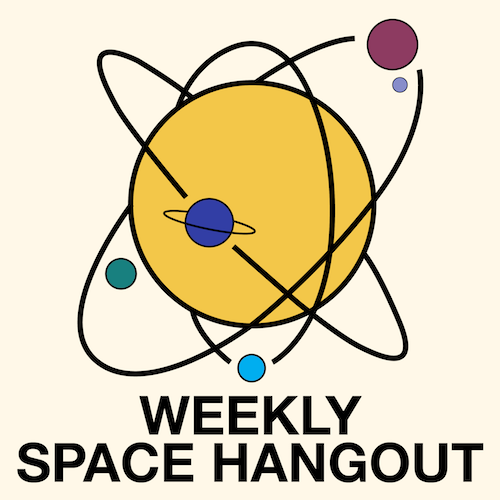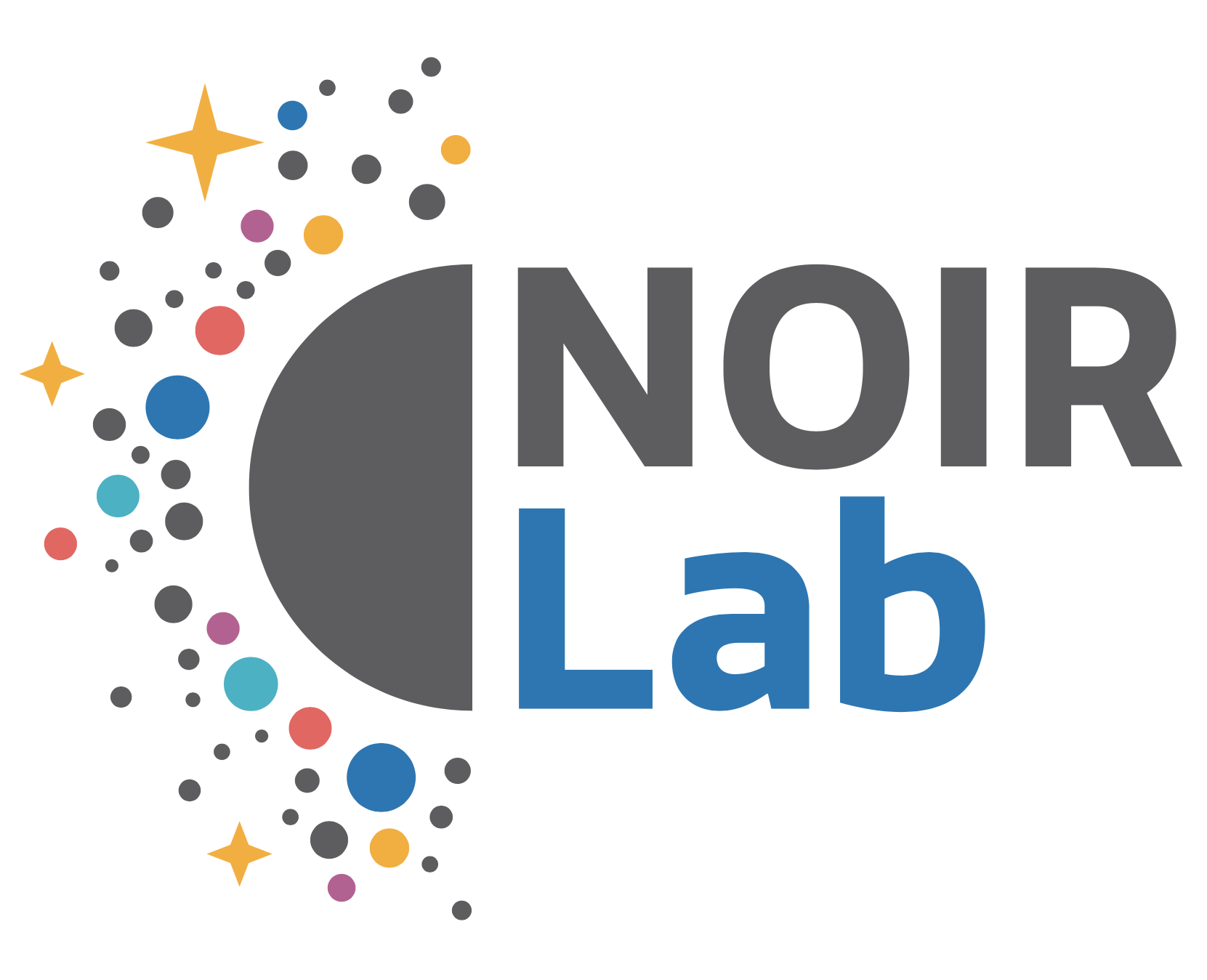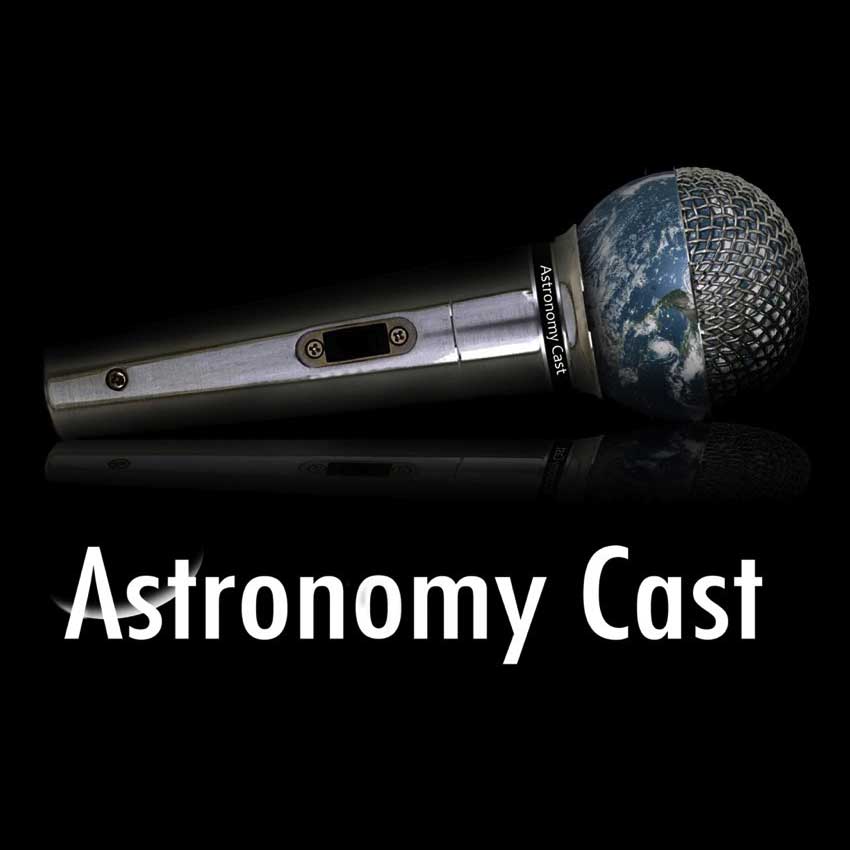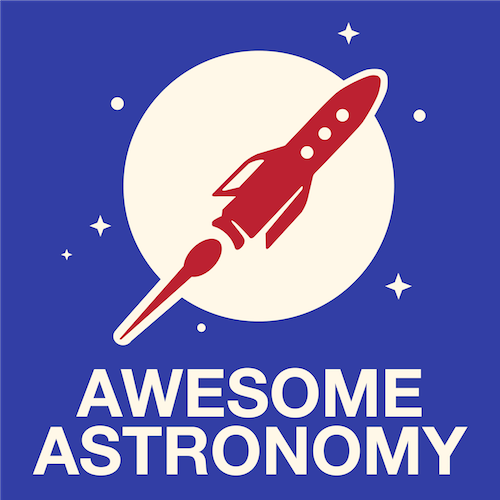Time for new update! The #MarsHelicopter is flying on the red planet! And it’s time for TREXing Around The Moon With Dr. Amanda Hendrix and many other stories including Crew 2 Spaceflight and SpaceX wins the Moon


Time for new update! The #MarsHelicopter is flying on the red planet! And it’s time for TREXing Around The Moon With Dr. Amanda Hendrix and many other stories including Crew 2 Spaceflight and SpaceX wins the Moon

Extrasolar planet research is a hot topic in astronomy. Astronomers are continually trying to build new instruments to measure the properties of planets orbiting other stars. One new instrument is called MAROON-X on the Gemini North Telescope in Hawai’i.

This week @WSHcrew discuss with Dr. David Kipping abut exoplanet. It also time for news update with universe expansion rate, superlasers, and new rocket of RocketLab

This is gonna be another one of those evergreen topics where we come back again and again. Finding planets. Every time we talk about this now it seems like we’ve gained thousands of new planets. Well, buckle up! New techniques will grow that by tens of thousands and even millions!

A new system has been found that consists of six stars in three binary pairs, which are producing a bevy of eclipses with each other. They were found in TESS data with the help of machine learning

What’s up in February night sky? And check out the news roundup for this month. There’s a hot Jupiter with transparent atmosphere, 3D Map of invisible brown dwarf and on top of that, ESA CHEOPS discovered exoplanets with rare rhythm around their parent star

What’s On The Horizon For New Horizons? And we have news about the first detection of a built-in wobble on another planet, the distance scale to the Universe, and Japan planning to launch a wooden satellite.

That intriguing radio signal found coming from the vicinity of Proxima Centauri. And more stories with @AWesomeAstroPod at #365DaysOfAstro

HD 106906 b is an exoplanet 336 light years away, 11 times the size of Jupiter, and possibly an analog of our own not-yet-discovered Planet 9.

As scientists continue to explore the Earth, they’re discovering life, surviving and even thriving in extreme environments. What hints can this give us about what we might find as we search for live on other worlds.